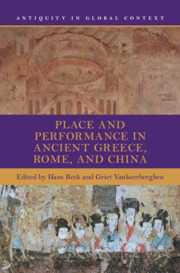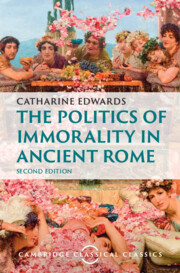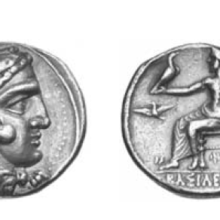








Color Us Greek
While it’s too much to imagine that those endlessly fascinating Greek ancestors of ours were color-blind, they most certainly were keen on marking difference, linguistically and geographically. But what about “racially?” What was “blackness” to a citizen of Ancient Greece, and what did the blackness of Sub-Saharan Africans, in fact, signify? And what in the world did an “Ethiopian” such as Memnon, whose people were favored by the gods, appear to be physically in the Greek imagination? Speculation about such complex matters has never elicited more energetic speculation and wishful thinking from scholars, journalists, and filmmakers than today, who inevitably read Greek attitudes toward physical differences through the lens of black-white race relations in the West today. Which is why Sarah Derbew’s Untangling Blackness in Greek Antiquity is a most welcome corrective to the school of Afrocentricity that would paint even Greek-descended Cleopatra black. Bringing deep learning and calm, convincing reasoning to a politically-loaded subject is always difficult. But Professor Derbew accomplishes this task with eloquence, grace, and hard-hitting analytical skills that make this book must reading for all of us who long to know how racial differences manifested themselves in the sublime culture from which we all descend.
Twitter
Cambridge on Facebook